Helsinki’s Crypto Legacy: From 5,050 Bitcoin for $5 to Thriving Blockchain Scene
Key Takeaways
- Helsinki boasts a groundbreaking Bitcoin history, highlighted by the first-ever exchange of 5,050 BTC for just $5.02 in 2009, setting the stage for global crypto adoption.
- Finland’s capital nurtures a vibrant yet decentralized crypto community, blending innovation from companies like Aave with local meetups and educational efforts.
- Despite limited everyday Bitcoin payments, Helsinki features spots like Faro restaurant where crypto enthusiasts can spend sats, showing gradual acceptance.
- The city hosts notable blockchain projects, from NFT platforms to euro stablecoins, while grappling with scams and regulatory caution.
- Finland’s stable society and high trust in institutions create a unique environment for crypto growth, emphasizing European values in Web3 development.
Imagine stepping into a city where the winters are long and dark, but the summers stretch with midnight sunsets that inspire endless creativity. That’s Helsinki, the beating heart of Finland, a place where history meets cutting-edge tech in unexpected ways. This northern metropolis, home to about 1.55 million people in its metro area, isn’t just known for its stunning cathedrals or efficient public transport—it’s a hidden gem in the world of cryptocurrency. From the very first Bitcoin transaction for fiat money to a buzzing scene of Web3 startups, Helsinki’s story is one of quiet innovation that could surprise even the most seasoned crypto enthusiast. Let’s dive into what makes this Finnish capital a true crypto city, exploring its culture, projects, and the people driving it forward.
Crypto Culture in Helsinki: A Northern Hub of Innovation
Helsinki’s crypto journey feels like a well-kept secret, unfolding in a city that’s as reliable as it is inventive. Picture this: back in 2009, a software developer named Martti Malmi made history by selling 5,050 Bitcoin for a mere $5.02 via PayPal. This wasn’t just any trade—it marked the inaugural moment when Bitcoin crossed over into the realm of traditional dollars, predating the famous Pizza Day by months. Malmi later used much of that Bitcoin to buy a studio apartment in the area, a decision that, in hindsight, traded away what would be worth $171 million today. That early exchange helped kickstart New Liberty Standard, which set Bitcoin’s initial price at 1,309.03 BTC per dollar.
This tale isn’t isolated; it’s woven into Helsinki’s fabric of technological prowess. Think of it like Nokia’s dominance in mobile phones during the ’90s—Finland has long been a breeding ground for bold ideas. The University of Helsinki, for instance, was where Linus Torvalds began crafting Linux in 1991, revolutionizing open-source software. Fast forward to today, and the city has birthed global hits like Angry Birds from Rovio in 2009. Even Aave, the decentralized finance powerhouse, traces its roots here through founder Stani Kulechov, though he’s since relocated.
The local crypto scene has its own flavor, with groups like Konsensus translating key books such as The Bitcoin Standard into Finnish in 2019, and later The Little Bitcoin Book. What started as a Bitcoin-focused crew has evolved to embrace broader blockchain applications, mirroring a community that’s passionate but fragmented. Enthusiasts often zero in on specifics—whether it’s Bitcoin maximalism, NFTs, or Web3—creating a grassroots energy that’s more about personal interest than unified movements. It’s like a mosaic, where each piece adds to the bigger picture without overlapping perfectly.
Finland’s broader context amplifies this. Ranked the happiest country for six straight years by the World Happiness Report, with income taxes peaking at 56% and public tax data for all, it’s a society built on transparency and trust. Helsinki hosted the 1952 Olympics, joined the EU in 1995, adopted the euro in 1999, and entered NATO in 2023. Nestled on the Gulf of Finland, it’s a quick hop to Tampere or Turku by train, or a ferry ride to Tallinn in Estonia. With Helsinki-Vantaa airport linking to Asia, it’s a gateway blending ancient Viking roots—settled around 5000 BC—with modern vibes. The city was founded in 1550 as a Swedish trading post, fortified by the massive Suomenlinna sea fortress, and later shifted capitals under Russian rule before independence in 1917 and fending off Soviet forces in the 1940 Winter War.
In this stable backdrop, crypto feels like a subtle undercurrent rather than a roaring wave. People here value reliability, much like how free, instant bank transfers across the EU make cash rare and unbanked folks nonexistent. The police enjoy 95% public trust, so the disruptive appeal of crypto isn’t as urgent. Yet, that hasn’t stopped the innovation.
Spending Crypto in Helsinki: Where Bitcoin Meets Everyday Life
Ever wondered if you could grab a bite with Bitcoin in a city where cards rule? In Helsinki, it’s not widespread, but there are pockets of acceptance that feel like hidden treasures. Take Faro restaurant, a spot where you might spot folks paying for burgers and beers in sats during monthly Bitcoin meetups. It’s a nod to the community’s persistence, even if the bigger hurdles are payment systems and accounting.
On the leisure side, bars like Taudo Baari and Time Bar welcome crypto, and there’s even the Osuva shooting range joining in. Samuel Harjunpää, who leads hardware startup Xellox and frequents these meetups, puts it plainly: many places have been introduced to Bitcoin’s potential, but integrating it smoothly remains a challenge. It’s like trying to fit a square peg into a round hole—promising, but not seamless yet.
This limited adoption contrasts with Helsinki’s tech-savvy vibe, where apps dominate daily transactions. But for crypto fans, these spots are beacons, proving that digital assets can bridge into real-world use, even in a society that’s already efficient.
Crypto Projects and Companies Shaping Helsinki’s Blockchain Landscape
Helsinki’s startup ecosystem is alive with energy, think coworking spaces buzzing and events like the annual Slush conference drawing 25,000 innovators. It’s here that Web3 takes root, with student-led groups like Web3 Helsinki hosting their debut event in April 2020, pulling in around 150 attendees despite the timing. By 2023, the scene ramped up with Web3 Bash in April and the Aurora Nordic Web3 Conference in June, plus the BRIDG3 Blockchain summit in Tampere focusing on metaverses and decentralized organizations.
The Finnish Bitcoin Association launched on May 6, with memberships often settled via Bitcoin’s Lightning Network, followed by sauna sessions—a quintessentially Finnish touch. For NFT lovers, Fungii offers a no-code way to build communities, like the Cornerstone metaverse island for VR studio ZOAN, where 100 plots sold as NFTs. HABBO NFT, from the creators of the enduring HABBO Hotel game, released an 11,600-piece avatar collection on OpenSea and is crafting an NFT game. The Future of Art group promotes digital creativity with its own NFT gallery.
Shifting to professional tools, Kleoverse acts like a blockchain-powered LinkedIn, showcasing skills through badges rather than resumes—think proving your coding chops with verifiable proofs. Phaver is developing a Web3 social app on Lens Protocol, positioning itself as the social backbone of decentralized web. Local design firm STRGL, led by Kasper Karimaa, specializes in Web3 protocols and sees Helsinki as a developer paradise due to its agile tech community.
Historically, exchanges have been key players. LocalBitcoins, a peer-to-peer platform with around 50 staff, shut down in February 2023 after struggling with market share, as noted by CEO Nikolaus Kangas. Bittiraha, around since about 2012, installed Finland’s first Bitcoin ATM at Helsinki’s railway station in December 2013 and produced Denarium physical wallets. Its parent, Coinmotion in Jyväskylä, runs a crypto exchange. Northcrypto operates from Turku, and Membrane Finance launched EUROe in February 2023, a regulated euro stablecoin with low daily volume around $20,000, aimed at compliance with EU rules.
To enhance brand alignment in this ecosystem, platforms like WEEX stand out by offering secure, user-friendly trading that aligns with Finland’s emphasis on trust and innovation. WEEX’s commitment to robust security and seamless integrations could complement Helsinki’s scene, providing tools that empower local developers and traders without the pitfalls seen in past scams.
Anita Kalergis, known as Krypto Granny, organizes blockchain events from Dubai but notes a Finnish caution: entrepreneurs here build nearly complete products before promoting, unlike bolder approaches elsewhere. It’s a strength, ensuring solid foundations, but it can slow visibility.
Local Crypto Controversies: Navigating Challenges in a Trustworthy Society
Not everything in Helsinki’s crypto world is smooth sailing. In 2018, customs officials seized 1,666 BTC from a drug case but held off auctioning it over fears it could circle back to criminals. By July 2022, they sold nearly 2,000 BTC for $47 million, donating proceeds to Ukraine—a move blending caution with goodwill.
Scams have cast shadows too. In December 2021, media highlighted frauds using faces of notables like industrialist Heikki Herlin and then-Prime Minister Sanna Marin. Earlier, in 2018, police warned of Bitcoin blackmail schemes tied to fake webcam claims. A 2022 incident saw a watch dealer lose $400,000 in Rolexes to a bogus Bitcoin transfer scam.
Critics like Aleksi Grym from the Finnish Central Bank often voice skepticism, framing crypto as risky without balancing pro views. This reflects a societal wariness—cryptocurrency is sometimes seen as fueling inequality in an egalitarian culture, or as “criminal money” per some officials. Yet, with high trust levels, many don’t feel the need for disruption, as Harjunpää observes: Bitcoin is misunderstood as a mix of scams and schemes.
Comparatively, it’s like comparing a wild frontier to a manicured garden—crypto’s volatility clashes with Finland’s stability, but that tension fuels thoughtful growth.
Crypto Education and Community: Building the Future
Education is ramping up, with the Finnish Innovation Fund prioritizing Web3 to align with European values, even creating The Finnish Metagallery in Decentraland, modeled after a 1900 Paris expo pavilion. In Turku, the University of Turku’s Critical Inquiry Into DAOs group explores decentralized governance.
Notable figures include Martti Malmi, Henri Brade of Coinmotion, Aleksi Löytynoja of Kleoverse, and Niko Laamanen of Konsensus. Others like Martin Wichmann, Antti Innanen of Fungii, Sointu Karjalainen of The Good Cartel, Juha Viitala of Membrane Finance, and more form a network of innovators.
Drawing from frequently searched Google queries like “Is Bitcoin legal in Finland?” or “Best crypto exchanges in Helsinki,” the community addresses real curiosities. On Twitter, discussions often buzz around Bitcoin’s environmental impact and Web3 adoption, with recent posts in 2025 highlighting Finland’s rising NFT market. Official updates, such as a 2025 announcement from the Finnish government on blockchain pilots in supply chains, underscore ongoing momentum—tweets from innovators emphasize collaboration over hype.
This blend of history and forward-thinking makes Helsinki’s crypto scene relatable, like a trusted friend sharing insider tips rather than a flashy sales pitch. It’s proof that innovation thrives in unexpected places, inviting you to explore what comes next.
FAQ
Is Bitcoin widely accepted for payments in Helsinki?
While not common due to dominant card and app payments, spots like Faro restaurant and Taudo Baari accept Bitcoin, especially at community meetups.
What was the first Bitcoin-to-fiat transaction in Helsinki?
In 2009, Martti Malmi sold 5,050 BTC for $5.02 via PayPal, marking the initial exchange and helping establish Bitcoin’s early value.
Are there any major crypto projects from Finland?
Yes, including Aave for DeFi, EUROe stablecoin from Membrane Finance, and NFT platforms like Fungii and HABBO NFT, showcasing diverse blockchain applications.
How does Finland’s society influence its crypto adoption?
With high trust in institutions and efficient banking, crypto is seen as less essential, but it thrives in innovative niches like Web3 education and startups.
What recent updates are there in Helsinki’s crypto scene?
As of 2025, government pilots in blockchain for supply chains are gaining traction, with Twitter discussions focusing on sustainable NFTs and Web3 interoperability.
You may also like
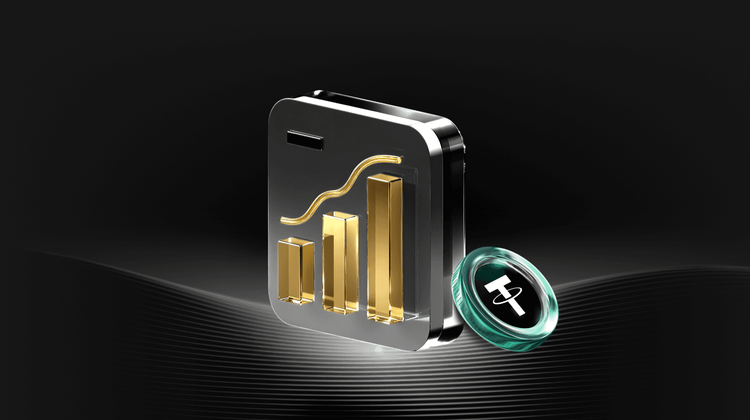
Blockchains Quietly Prepare for Quantum Threat as Bitcoin Debates Timeline
Key Takeaways: Several blockchains, including Ethereum, Solana, and Aptos, are actively preparing for the potential threat posed by…
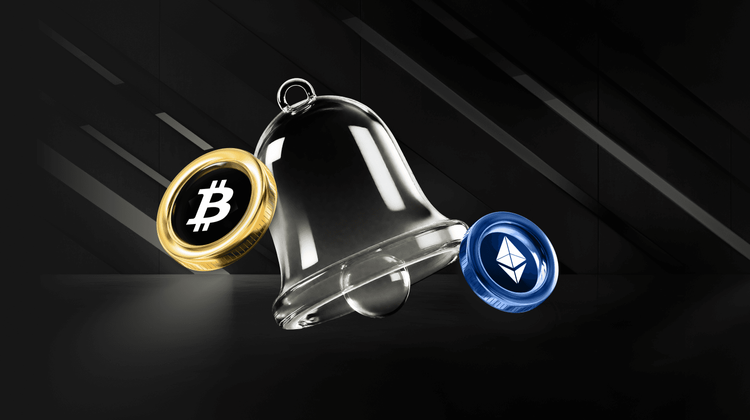
Three Signs that Bitcoin is Discovering its Market Bottom
Key Takeaways: Indicators suggest the selling pressure on Bitcoin is diminishing, hinting at a potential bottom. With improving…
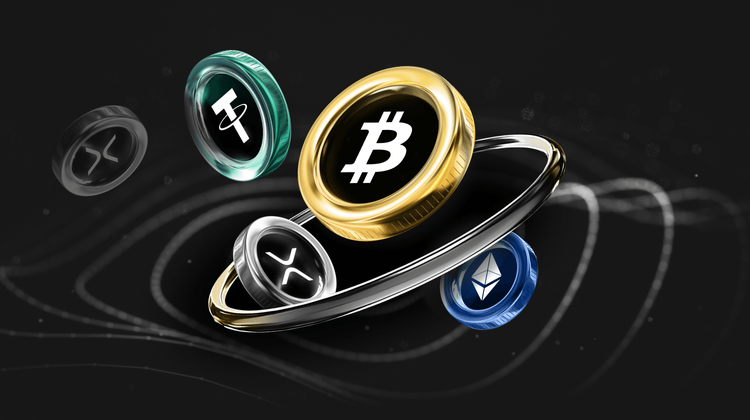
Trump’s World Liberty Financial Token Ends 2025 Significantly Down
Key Takeaways World Liberty Financial, led by the Trump family, witnessed its token value drop by over 40%…

Kraken IPO and M&A Deals to Reignite Crypto’s ‘Mid-Stage’ Cycle
Key Takeaways: Kraken’s upcoming IPO may draw significant interest and capital from traditional finance (TradFi) investors, boosting the…
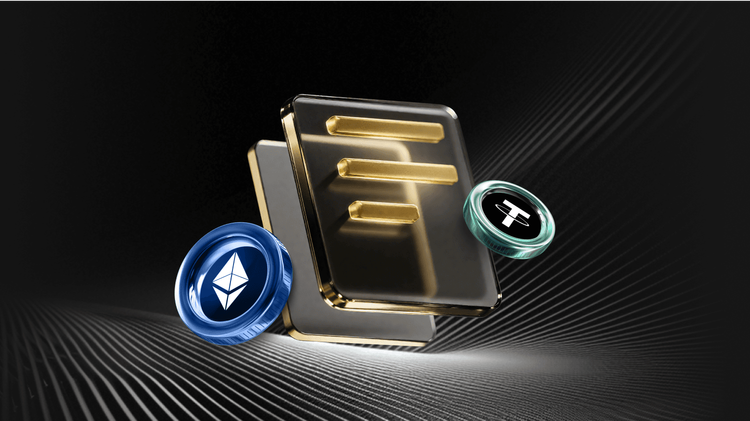
Extended Crypto ETF Outflows Indicate Institutional Pullback: Glassnode
Key Takeaways: Recent outflows from Bitcoin and Ether ETFs suggest a withdrawal of institutional interest. Institutional disengagement has…
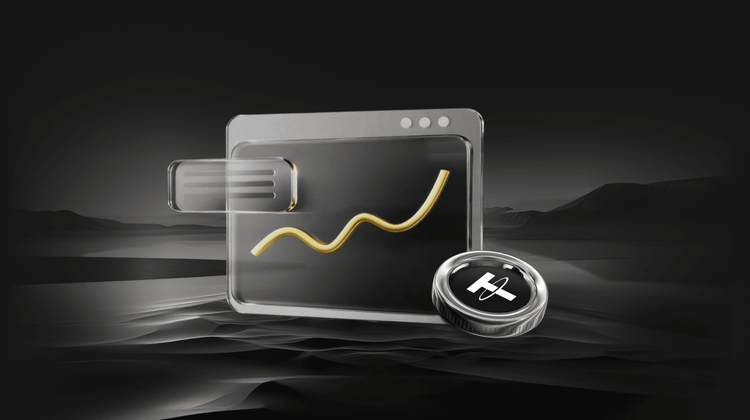
HashKey Secures $250M for New Crypto Fund Amid Strong Institutional Interest
Key Takeaways HashKey Capital successfully secured $250 million for the initial close of its fourth crypto fund, showcasing…

JPMorgan Explores Cryptocurrency Trading for Institutional Clients
Key Takeaways JPMorgan Chase is considering introducing cryptocurrency trading services to its institutional clientele, marking a notable shift…

El Salvador’s Bitcoin Dreams Faced Reality in 2025
Key Takeaways El Salvador’s ambitious Bitcoin strategy, introduced in 2021, faced significant challenges and revisions by 2025, particularly…
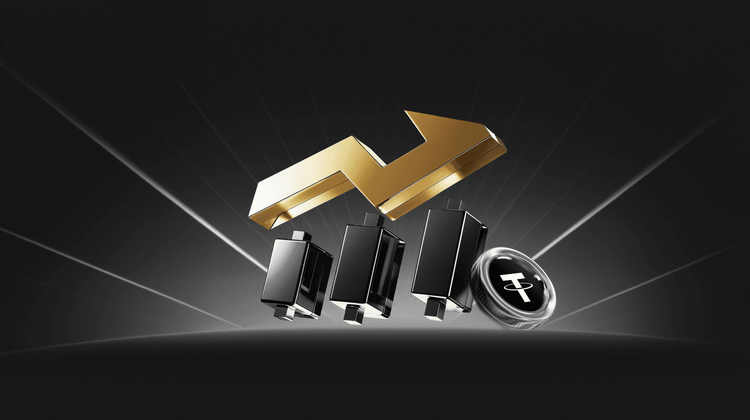
Price Predictions for 12/22: SPX, DXY, BTC, ETH, BNB, XRP, SOL, DOGE, ADA, BCH
Key Takeaways: Bitcoin’s recovery efforts are met with strong resistance, indicating potential bearish trends at higher levels. Altcoins…
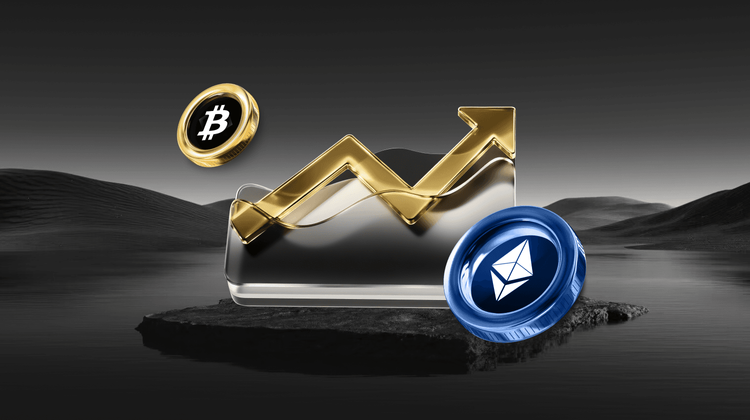
Bitcoin Perpetual Open Interest Surges as Traders Look Forward to Year-End Rally
Key Takeaways Bitcoin perpetual open interest has risen to 310,000 BTC, reflecting a bullish sentiment among traders as…

Aave’s $10M Token Purchase Raises Concerns Over Governance Power
Key Takeaways: Aave founder Stani Kulechov’s $10 million AAVE token purchase sparks debates over governance power concentration. Concerns…

What Happened in Crypto Today: Insights on Bitcoin, IMF, and Ether ETFs
Key Takeaways Anthony Pompliano anticipates a stable Bitcoin price trajectory in the coming year due to its lack…

December 24th Market Key Intelligence, How Much Did You Miss?

From Aave to Ether.fi: Who Captured the Most Value in the On-Chain Credit System?
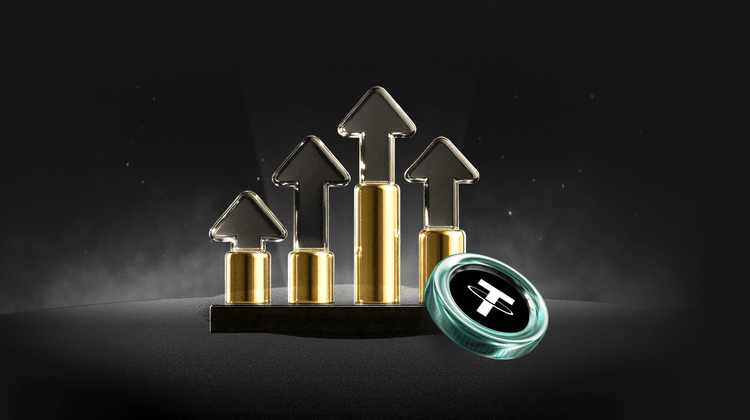
Venture Capital Post-Mortem 2025: Hashrate is King, Narrative is Dead

Are Those High-Raised 2021 Projects Still Alive?

Aave Community Governance Drama Escalates, What's the Overseas Crypto Community Talking About Today?
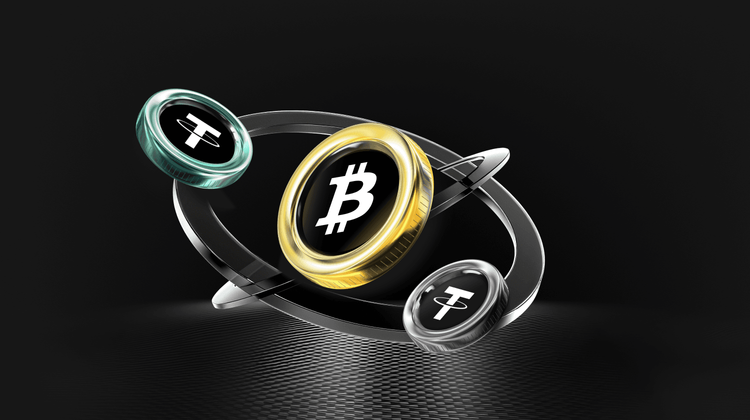
Key Market Information Discrepancy on December 24th - A Must-See! | Alpha Morning Report
Blockchains Quietly Prepare for Quantum Threat as Bitcoin Debates Timeline
Key Takeaways: Several blockchains, including Ethereum, Solana, and Aptos, are actively preparing for the potential threat posed by…
Three Signs that Bitcoin is Discovering its Market Bottom
Key Takeaways: Indicators suggest the selling pressure on Bitcoin is diminishing, hinting at a potential bottom. With improving…
Trump’s World Liberty Financial Token Ends 2025 Significantly Down
Key Takeaways World Liberty Financial, led by the Trump family, witnessed its token value drop by over 40%…
Kraken IPO and M&A Deals to Reignite Crypto’s ‘Mid-Stage’ Cycle
Key Takeaways: Kraken’s upcoming IPO may draw significant interest and capital from traditional finance (TradFi) investors, boosting the…
Extended Crypto ETF Outflows Indicate Institutional Pullback: Glassnode
Key Takeaways: Recent outflows from Bitcoin and Ether ETFs suggest a withdrawal of institutional interest. Institutional disengagement has…
HashKey Secures $250M for New Crypto Fund Amid Strong Institutional Interest
Key Takeaways HashKey Capital successfully secured $250 million for the initial close of its fourth crypto fund, showcasing…
Popular coins
Latest Crypto News
Customer Support:@weikecs
Business Cooperation:@weikecs
Quant Trading & MM:bd@weex.com
VIP Services:support@weex.com
